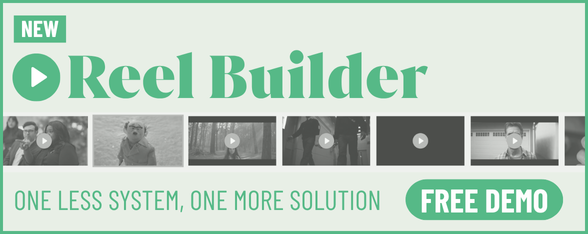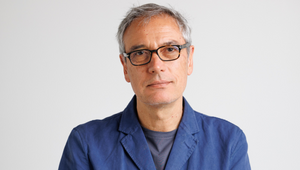
Unilever Philippines & Lowe OPEN Create Laundry Water Recycling Facility

Unilever Philippines has opened a pioneering laundry water recycling facility and garden in the municipality of Mayorga, Leyte – a community hit hard by super-typhoon Haiyan in November 2013. The first facility, or ‘Surf Labahan Station’, an idea from Lowe Philippines’ specialist activation division OPEN, launched this year. It features a machine that uses debris from the typhoon as part of its filtration system recycling water for the community.
Unilever Philippines, in partnership with Operation Compassion, has been helping rebuild the municipality of Mayorga. The small fishing community has slowly been getting back to working order following Haiyan, and a supply of usable water has proved crucial to this process, after infrastructure was destroyed in the disaster.
In the Philippines, waste water generated from laundry is usually just thrown out, possibly contaminating the surrounding areas with traces of detergent. To add to that, local communities usually use water pumps that tap into the water table, depleting the area’s reserves.
The initial water filtration idea from OPEN addresses the issue of managing this water responsibly. The idea was a winner in the Unilever Developing & Emerging Market Young Creative Academy Scholarship for Cannes 2013.

The brief, to agency talent under 28, was to create an idea for a Unilever brand – in this case Surf laundry detergent – using any vehicle or channel, which would fulfill these criteria: improving health and wellbeing; reducing environmental impact; and enhancing livelihoods.
While the concept did not have to be perfect, it did have to demonstrate ingenuity to make a positive difference. Unilever worked with the agency together with Operation Compassion and Awesome Lab, a local NGO and a technology company respectively, to develop the idea into a reality.
The Surf Labahan has been designed with three stages of filtration utilising debris collected from super-typhoon Haiyan’s effects. The filtration also uses ceramic and carbon filters that remove dirt particles and absorb odour from the waste water. The system at full capacity provides 6,000 litres of clean water, delivered via solar-powered pumps, to re-use for doing the laundry, as well as for watering ornamental plants in the surrounding area.
People use the Surf Labahan Station to wash their clothes with recycled water, and their laundry water returns to the system to be filtered again in a cyclical process. The Station also serves as a public green space, providing a venue for the community to congregate and wash their clothes out of the sun’s heat.
Lavin Gonzaga, Unilever’s sustainable business communications assistant manager explains: “A big part of Unilever’s environmental efforts goes into water sustainability. Our company manufactures personal care products like shampoo, soap, as well as laundry detergent, so we really need a continuous supply of clean water for our products to be useful.”
Lowe Philippines’ president Leigh Reyes adds: “Sustainability has always been a priority in our work, and the Surf Labahan project was a great opportunity to exercise creativity for good. This idea uses affordable, sustainable technology made in the Philippines, and it shows that smart, useful things can come from adversity. We’re glad to have been a part of the pilot run of the Surf Labahan Station, and we’re looking forward to future implementations.”
Once the first Surf Labahan Station is established, Unilever hopes to roll out the idea in other areas with scarce water resources in The Philippines. Because the idea uses simple, sustainable technology, it also has the potential to be adapted for communities overseas.












